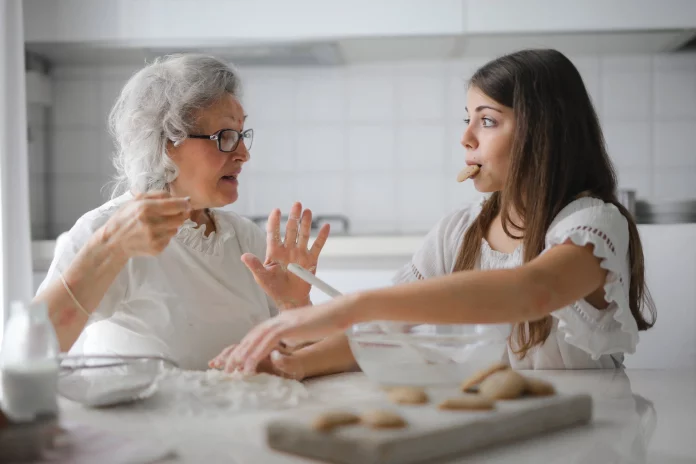If you’ve ever been in the position of caring for an ailing loved one, you know just how incredibly difficult and emotionally draining it can be. You want to do your best to provide comfort and care, all while dealing with your own emotions and life obligations. This is no easy feat! Whether you’re supporting a spouse, parent, or friend who is ill, we’ll take you through some essential tips for alleviating stress and worry so that both you and the person needing support are able to make the journey as comfortable as possible.
Pay attention to their overall well-being
No matter how much we love them, caring for aging family members can be a daunting task. With aging comes ailments and conditions that require immense attention, and it’s important to recognize the well-being of your aging loved one. It might be tempting to put it off due to other responsibilities, but making sure your aging relative is as healthy and comfortable as possible is essential. No matter how hard it may seem, dedicating time and effort to ensuring their health is tantamount to showing them love and respect. Paying attention to the well-being of an aging family member can mean their quality of life can remain at its highest for many years to come!
Keep them active and stay connected
Keeping ailing loved ones active and engaged is so important for their overall well-being. Even if they aren’t able to get out as much as they used to, there are still plenty of ways they can stay socially connected. Setting up virtual hangouts with friends and family can be such a great way to catch up and pass the time, plus it will help them feel less isolated. Trying out simple brain games or playing interactive video games can provide hours of entertainment while also keeping them mentally sharp. Staying physically active is also important, so taking brisk walks around the house or in the garden will help boost their energy levels and make them feel more alert. Whatever activities you try out with your loved one, make sure you are always there to encourage them every step of the way.
Consider in-home hospice care services
If a loved one is in the process of living with a terminal illness, the need for professional hospice care may be more evident. Making the decision to seek out the help of professional hospice care providers can feel intimidating, but ultimately it can bring peace and closure to the entire family. Hospice care provides the important benefits of comfort, support, and companionship during the final stages of life for those grieving the imminent loss of their beloved family member. It can also provide an increased sense of safety and security at home – both for the patient and other family members. In-home hospice services are accessible, customizable, and affordable options that should be weighed carefully if needed.
Seek financial help when necessary
It can be hard to know what to do when a loved one is facing financial hardship due to an illness or injury. In these times, consider taking out a medical loan — it may be just the answer you need. This kind of loan should enable you to cover the cost of medical treatments or procedures that would otherwise be too expensive for your family. While interest rates and other details may vary from lender to lender, read up on all available options before choosing the best option for you and your family. Now more than ever, it’s important to look out for each other.
Make safety a priority
When elderly loved ones begin to show signs of ailing, it’s important to take steps to ensure their home and surroundings are safe and comfortable. Taking the time to assess potential risks and hazards, clearing pathways, making simple upgrades such as installing handrails, adjusting furniture layout, and stocking household items such as paper towels, can create a secure living space for elderly loved ones. Making sure there is always someone available to render help if needed can also contribute significantly to making their home environment safe and pleasant. After all, comfort and security are essential elements in helping them live their best life.
Taking care of a loved one who is ill can be an incredibly rewarding experience, but it can also be emotionally and physically exhausting. It’s important to remember that you need to take care of yourself first in order to be able to properly take care of someone else; without your own self-care, it’s easy to become overwhelmed or burnt out. Make sure you schedule time for yourself every day, whether it’s twenty minutes devoted to your favorite hobby or an hour dedicated to catching up with friends – whatever helps you relax and refocus. On top of scheduled ‘me-time’, it’s also good practice to focus on small self-care activities throughout the day – taking breaks for fresh air, eating regular healthy meals, exercising regularly, and yes…even indulging in the occasional guilty pleasure like reading a trashy novel or taking a long bubble bath. Taking care of yourself is essential as a caregiver – by doing so, you will ensure that you have the best possible chance of providing compassionate and effective care for your loved one.
Apart from that, if you are interested to know about Why You Should Hire Depression & Anxiety treatment then visit our health category.








